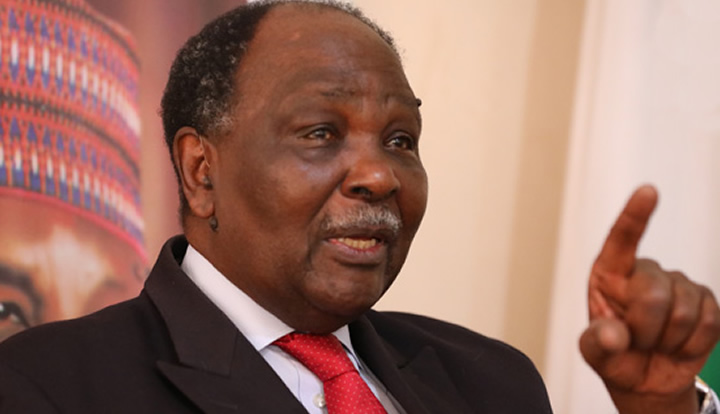Former President Olusegun Obasanjo recently lauded former Head of State General Yakubu Gowon during the opening ceremony of the four-day International Conference of the African Biblical Leadership Initiative (ABLI) held in Abuja. This conference, themed “Value-Based Leadership Model for Africa,” gathered various notable African and European leaders as well as global Christian figures to discuss the importance of strong leadership in the continent. Obasanjo’s remarks highlighted the rarity of leaders who receive recognition while still alive, using Gowon as a prime example. He articulated a deep admiration for Gowon, characterizing him as one of the few global leaders who have been celebrated in their lifetime, and compared him to late British Prime Minister Winston Churchill, whom he regarded as an unsung hero.
In a reflective pause, Obasanjo emphasized the pivotal moments of Churchill’s life and career, noting that despite his patriotism and pivotal military role during a time of war, Churchill initially faced neglect and was even labeled a warmonger before gaining posthumous recognition. Obasanjo remarked, “General (Gowon), I envy you because you are appreciated while still alive. That, too, is the grace of God in your life,” highlighting the significance of receiving acknowledgment for one’s contributions while still living. He pointed out that many leaders, including notable figures such as Jesus Christ and his disciples, did not receive the acclaim they deserved during their lifetimes, suggesting that expectation of praise can lead to disappointment for leaders.
Obasanjo further elaborated on the global landscape, expressing grave concern about the prevailing decline in leadership standards around the world. He noted that a staggering 58 wars are currently taking place across the globe, involving 92 countries either directly or indirectly, albeit without prompting a Third World War. This observation led him to question the effectiveness of current leadership, positing that many leaders rely solely on intuition rather than informed decision-making. This criticism underscores a broader issue within global governance, where leaders engage in critical matters without possessing a comprehensive understanding of the issues at hand.
Supporting Obasanjo’s sentiments, former Minister of Information Prof. Jerry Gana reiterated the necessity for effective leadership in Africa, emphasizing that the continent faces unprecedented challenges requiring urgent and visionary responses. Gana articulated that Africa stands at a crucial crossroads, urging for a leadership model deeply rooted in ethical values and a commitment to the welfare of its citizens. He underscored the importance of cultivating leaders who possess both competence and compassion, as these attributes are vital for addressing the complexities that characterize the current socio-political landscape in Africa.
The conference served as a platform to advocate for a paradigm shift in leadership approaches, particularly in Africa. As leaders grapple with myriad challenges including socio-economic disparities, political instability, and environmental issues, the need for leaders who prioritize ethical governance and community well-being has become increasingly urgent. The call for a value-based leadership framework resonates strongly in contexts where citizens are yearning for authentic representation and engagement from their leaders.
Concluding the discourse, both Obasanjo and Gana posited that nurturing principled leaders who are anchored in ethical practices and genuine concern for their constituents can pave the way for sustainable development in Africa. The importance of recognizing the transformative power of leadership based on integrity and the advancement of collective interests cannot be overstated. As Africa navigates these turbulent times, the insights shared during the ABLI conference may act as critical stepping stones towards fostering a new generation of leaders equipped to address the complexities of the contemporary world.


